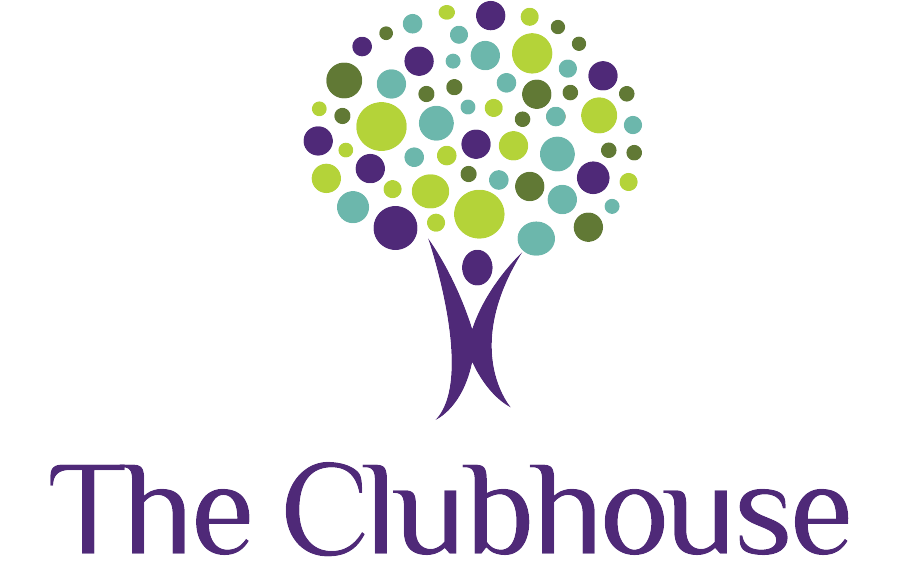By Laura A. Doherty, MA, CCC-SLP
In the business of healthcare, it helps to have NUMBERS! A numbered score on an evaluation can tell a school or an insurance company IF and HOW much a child’s learning needs are delayed. The problem is that some concerns can’t be properly quantified by numbers. Social Language is one such area where, while many tests attempt to provide a NUMBER, the numbers don’t often provide a true picture of a child’s skills.
Show me the money! — What can we do to obtain more accurate results and TRULY reflect a child’s needs? Clubhouse therapists utilize a variety of assessment methods IN REAL TIME in order to obtain the BEST POSSIBLE picture of a child’s communication strengths and needs!
The social cognitive deficit is the most abstract of all learning disabilities, making it extremely difficult to assess through standardized measures.” (Garcia-Winner, 2007)
Social language IS abstract – and changes depending upon age, situation, location, and audience. For example, responding to humor at age 5 – 6 vs. responding to humor at age 11-12.
- Falling on the floor laughing or laughing at silly words may be expected at 5 – 6 years, but not at 11-12 years.
- Responding to a joke at 5 – 6 years is different in the school library compared to at home or at a friend’s home.
Abstract or Concrete – Our Speech/Language Pathologists will combine our clinical judgement with test scores to provide you with an accurate picture and effective strategies!
For more information on our diagnostic evaluations, click here!
